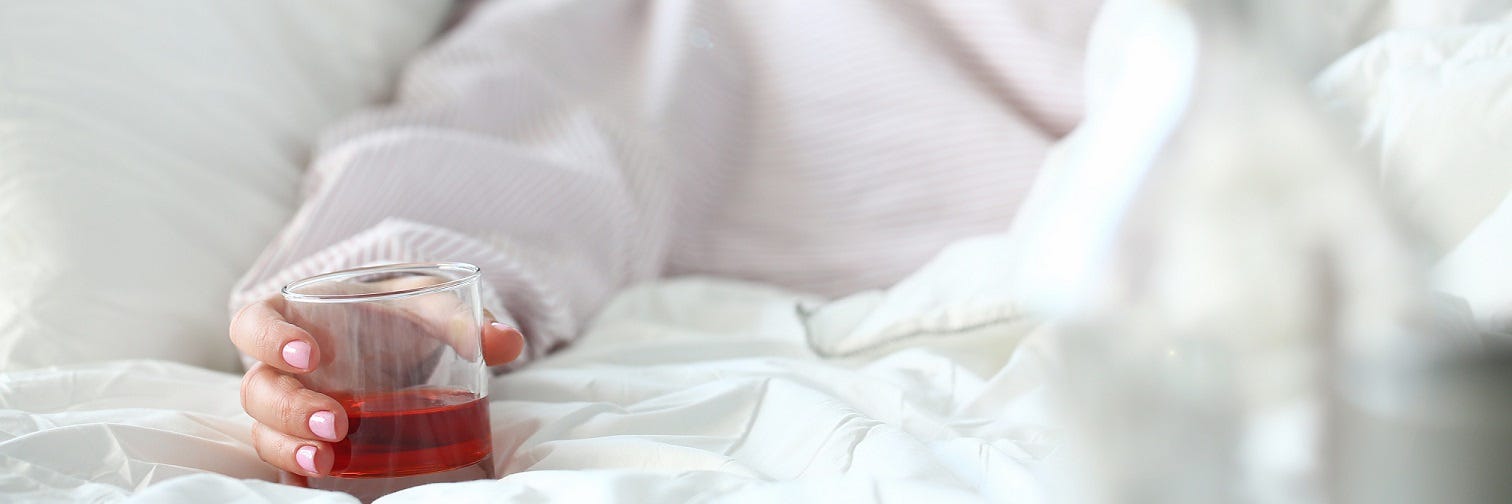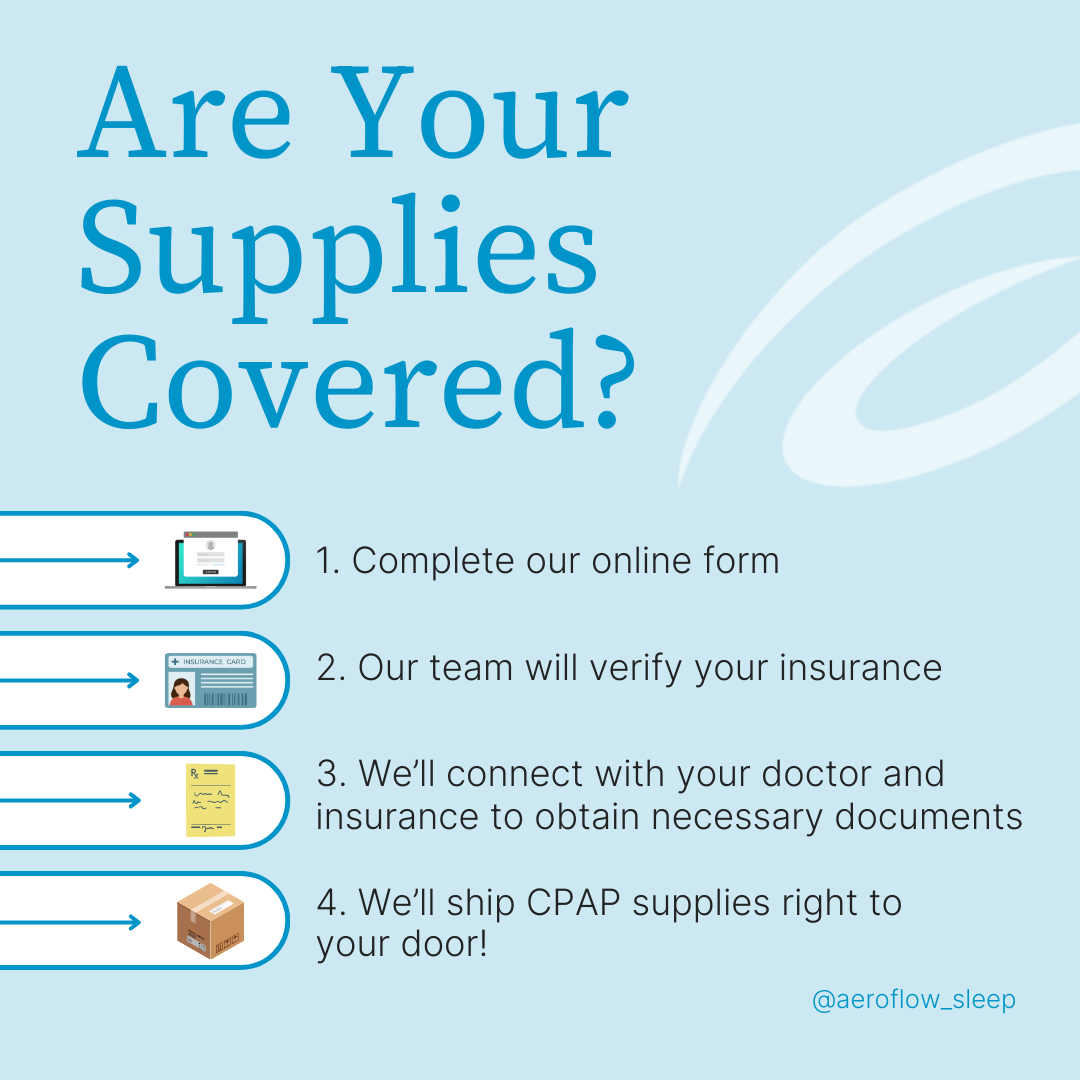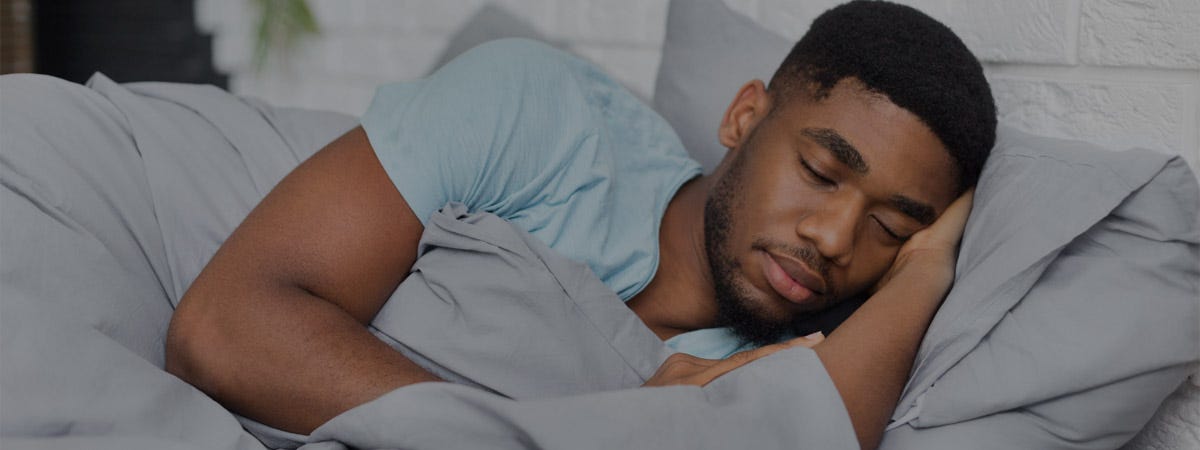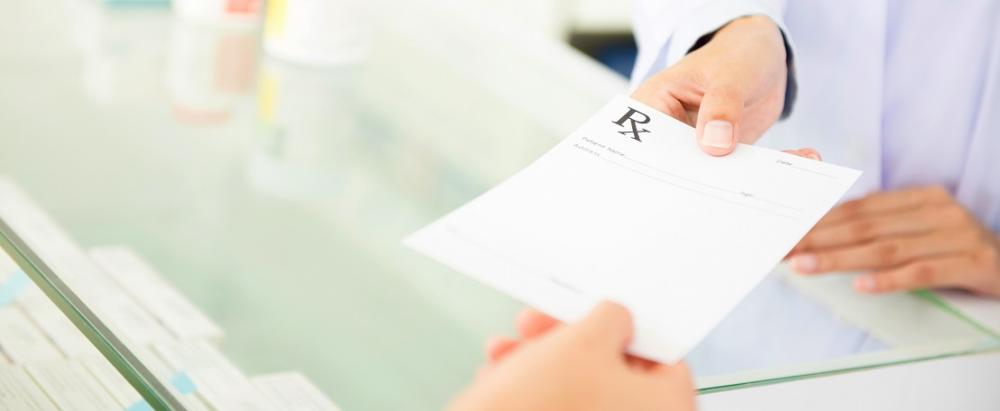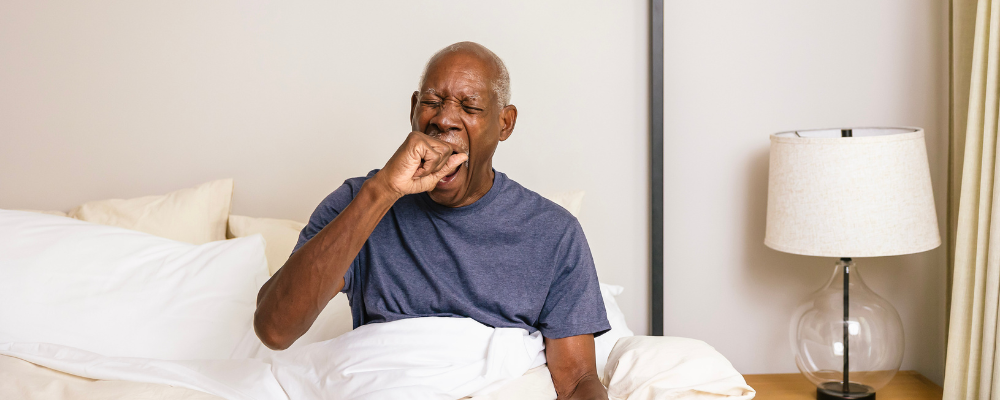The positive and negative effects of alcohol have been debated by doctors for centuries. Alcohol is technically a drug and drinking it can be addictive; however, few think twice about imbibing. After all, a dry cabernet with a medium-rare steak is said to be healthy, and a couple of mai tais on that beach vacation aren’t going to hurt. Even heavy drinking during certain holidays—looking at you, St. Patrick’s Day—is just part of the celebration, right?
Yes, consuming an alcoholic beverage is an everyday occurrence worldwide, but if you have been diagnosed with a sleep disorder like Obstructive Sleep Apnea (OSA,) it may not be the wisest choice. Today, we’re answering 5 questions regarding drinking alcohol with OSA. Plus, we’ll share what Michelle Worley, Director of Clinical Operations at Aeroflow Sleep and Registered Nurse, has to say about your nightcap when you have OSA.
Does Alcohol Make Sleep Apnea Worse?
Obstructive Sleep Apnea (OSA) is the most common sleep disorder, and drinking alcohol exacerbates it. According to the American Journal of Managed Care, alcohol consumption contributes to lower oxygen saturation, especially among those who snore and have OSA. That means that patients with an increased risk of OSA are worsening their ability to breathe with every drop.
Alcohol is also a muscle relaxant. Think back to why you had your sleep study. Did you snore, experience excessive daytime sleepiness, or notice other symptoms of sleep apnea? Well, the likely cause of your sleep apnea was an obstruction to your upper airway when the muscles of your throat relaxed. A muscle relaxant can counteract your CPAP therapy by creating the obstruction all over again.
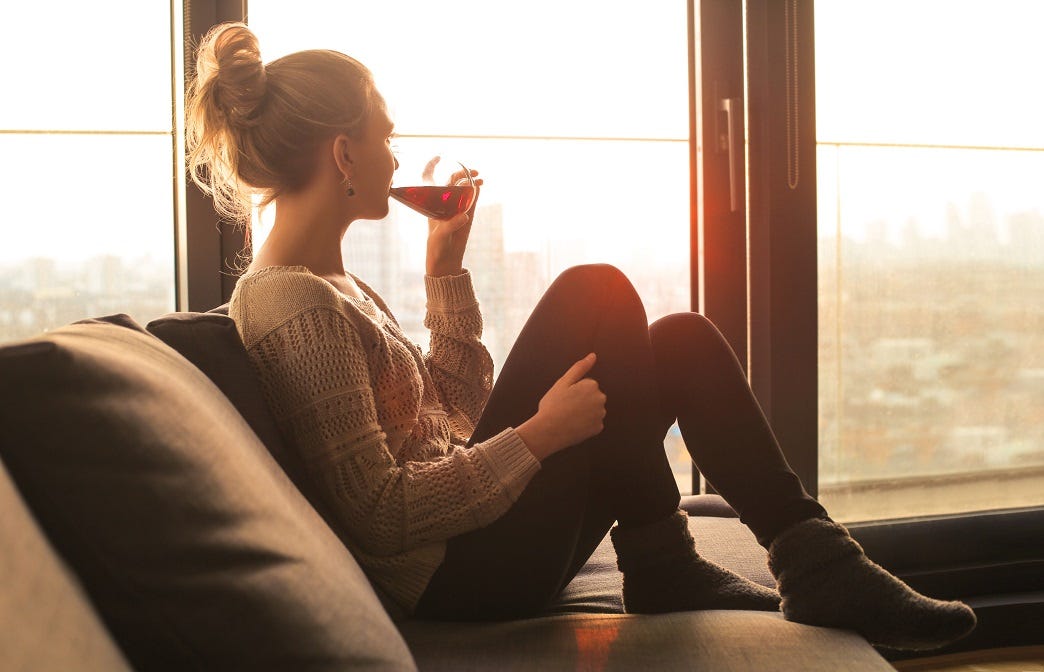

Now, combine that with any one of the comorbidities linked to sleep apnea, such as obesity, hypertension, and heart disease. You may as well draw up a will.
How Does Alcohol Affect Sleep Cycles?
That got dark, we know. So, let’s take a step back and remember that we, the healthcare professionals at Aeroflow Sleep, are dedicated to bringing a good night’s sleep to all of our patients. Alcohol is simply the villain to this story, because it affects your sleep cycle.
The National Library of Medicine published, “[Alcohol is] contributing to abnormalities of circadian rhythms and short sleep duration (SSD,)” such as waking more often during the night and inherently sleeping less than the amount of time required for adults. The prevalence of these traits within the sleep cycle after consuming alcohol is quite compelling.
The good news is you’ve already taken control of your health and sought help in the form of CPAP therapy. You tried a CPAP machine and woke up the next day having experienced REM sleep for the first time in what felt like forever. It was amazing! Hang onto that feeling as we continue to analyze the risk factors among OSA and alcohol ingestion.
Can Alcohol Cause Sleep Apnea?
Dr. George Koob, National Institute on Alcohol Abuse and Alcoholism (NIAAA) Director, states, “There is a relationship between sleep apnea and excessive alcohol use.” The findings, however, are minimal at best and therefore have not yet been published. That is to say, alcohol consumption is not a cause per se, but it certainly makes it worse.
Research has shown that the effects of alcohol negatively impact sleep, and drinking alcohol with OSA only exacerbates the issue. So much so that Dr. Koob was pressed by a colleague to elaborate upon the “efforts underway to add health warnings to containers of alcoholic beverages, analogous to those on cigarette packages.”
Can Alcohol Help Me Sleep?
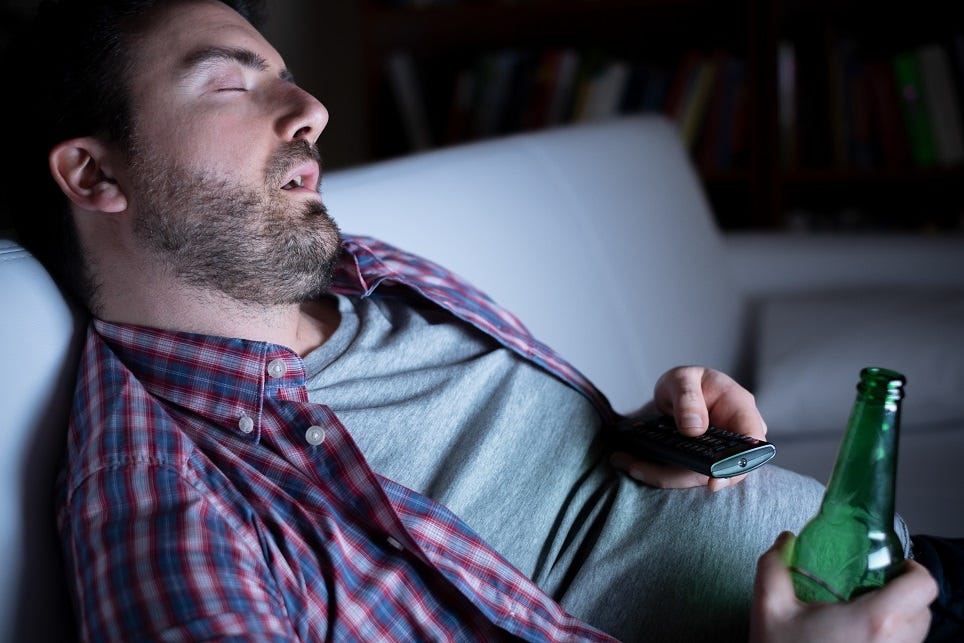

It’s true that a little whiskey can clear up a sore throat, but it’s no longer prescribed. Reason being, alcohol is not just a muscle relaxant; it’s also a depressant. You may feel relaxed and sleepy when you drink alcohol, which makes it seem like a surefire remedy...but if you need it consistently, that’s when alcohol abuse becomes a concern.
At the end of the day, sleep medicine is better than alcohol use. If you have sleep problems, turn to melatonin for a good night’s sleep or try any of our tips for getting to sleep with your CPAP machine, rather than adding to your stressors by drinking alcohol right before bed.
How Many Hours Before Bed Should You Stop Drinking Alcohol?
A VeryWell Health article recommends, “Alcohol [should] not be consumed in the last four hours before bedtime. ...it interferes with the quality of your sleep.”
For those with sleep apnea, Michelle Worley, RN has her own medical advice, “You should NOT be drinking alcohol if you have sleep apnea. Alcohol can cause the muscles to relax in your airway, which will cause sleep apnea to become more severe. Increased apnea causes more stress on the body and cardiovascular system.”
Skip the Nightcap, Stick with CPAP
The best thing to do is avoid alcohol, continue your CPAP therapy, and replace your CPAP supplies regularly with Aeroflow Sleep. Your insurance may cover up to 100% of your equipment, even a new machine if yours is more than 5 years old. With the right CPAP device and a healthy diet, you’ll soon forget about all your worries and woes.
If you do struggle to abstain from alcohol, please call the Substance Abuse and Mental Health Services Administration’s 24-hour hotline at 1-800-662-HELP (4357) for free, confidential treatment referrals for both English and Spanish speakers.


